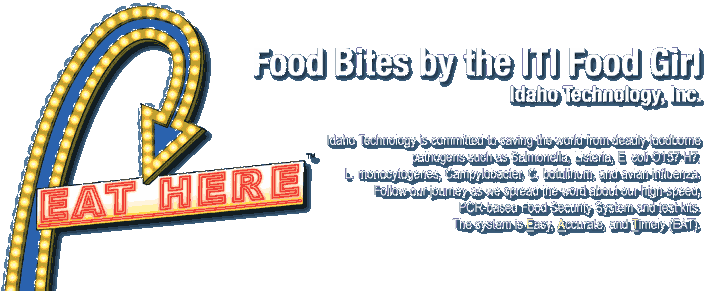Last week two articles came out about the Produce Safety Project (PSP), an initiative of the Pew Charitable Trusts at Georgetown University, recommending an annual food safety report as well as looking at European food safety reforms to make the U.S. system more effective. Here are brief summaries and links to the articles:
FoodBusinessNews.net reported that the PSP has issued a report recommending the publication of an annual report that tracks foodborne pathogens in humans, animals and feed. The report would be a joint project between the Centers for Disease Control and Prevention, the Food and Drug Administration and the U.S. Department of Agriculture and analyze surveillance data on human foodborne illness and pathogen contamination in domestic and imported animals, food and feed.
“Not only will an analysis give us a consolidated examination of the current state of affairs throughout the country, it will also require our food safety agencies to gather, organize and analyze data in a consistent and timely manner,” said Michael Batz, head of Food Safety Programs, Emerging Pathogens Institute at the University of Florida, Gainesville, and co-author of the report.
Read the full report here
US review gleans ideas from European food safety reforms
FoodProductionDaily.com reported that a US review has looked to some of the most effective European food safety systems for ideas on how to make the American system more effective. Researchers from the Emerging Pathogens Institute at the University of Florida, J. Glenn Morris, director of the institute, and Michael Batz, head of Food Safety Programs, examined changes in approaches to food safety in Denmark, the Netherlands and the United Kingdom over the past decade.
The report, released by the Produce Safety Project, concentrated on reforms in the three European countries that are well-respected for their food safety systems, and where reforms have been based on developing strong scientific analysis and risk assessment of food safety efforts. Researchers found that European reporting of food safety issues has become increasingly centralized and the European Union now releases annual reports detailing foodborne illness across the 27 member states, a system that could also be used effectively in the U.S.
Read more here
Monday, May 17, 2010
Friday, May 7, 2010
In the News: Beef Safety & E. coli
Walmart recently announced that it will implement additional beef safety measures designed to further protect their customers against foodborne illnesses. The new process controls standards and goals are additions to a food safety program that already requires ground beef suppliers to test for E.coli O157:H7 and achieve prevention-based certification against one of the Global Food Safety Initiative (GFSI) internationally recognized standards.
“In light of recent beef recalls, we determined it was prudent to require an additional layer of protection for our customers,” said Vice President for Food Safety Frank Yiannas.
Read more here
In other E. coli news, Food Safety News reported on May 3, 2010 that investigators were slow to name the E.coli strain source in the latest outbreak. The outbreak appears to have claimed victims in three states, New York, Ohio, and Michigan. Public health officials in those states say laboratory work has confirmed 15 cases with another 32 suspected.
Click here to read more
What are your thoughts... should more grocery stores take Walmart's lead and require food safety measures? Are authorities working quickly enough when outbreaks occur?
“In light of recent beef recalls, we determined it was prudent to require an additional layer of protection for our customers,” said Vice President for Food Safety Frank Yiannas.
Read more here
In other E. coli news, Food Safety News reported on May 3, 2010 that investigators were slow to name the E.coli strain source in the latest outbreak. The outbreak appears to have claimed victims in three states, New York, Ohio, and Michigan. Public health officials in those states say laboratory work has confirmed 15 cases with another 32 suspected.
Click here to read more
What are your thoughts... should more grocery stores take Walmart's lead and require food safety measures? Are authorities working quickly enough when outbreaks occur?
Subscribe to:
Posts (Atom)

